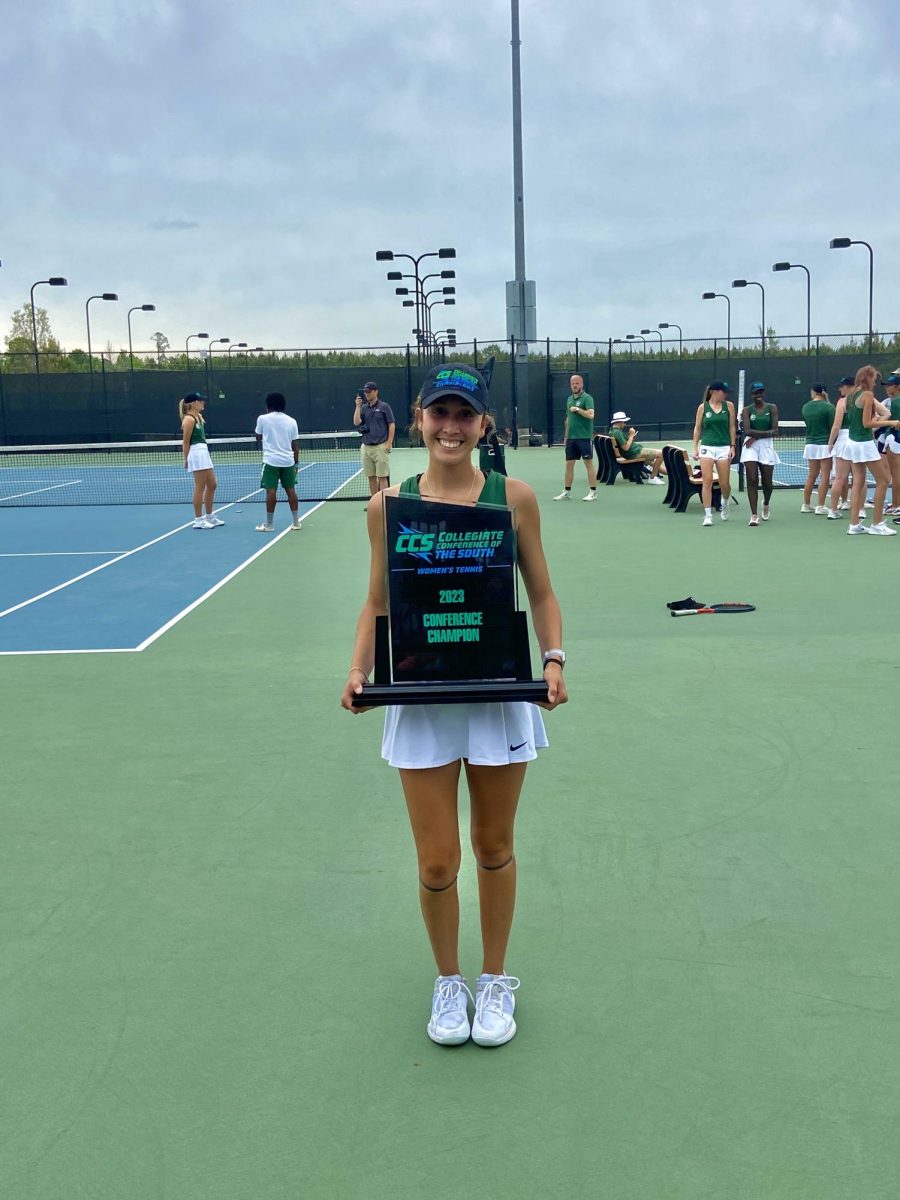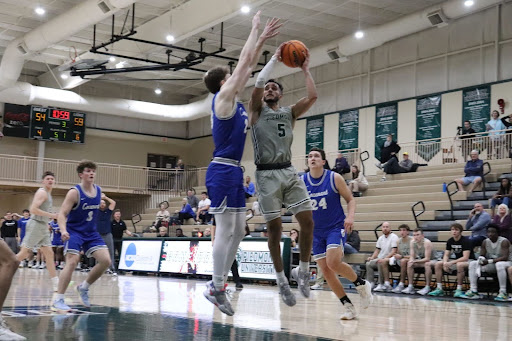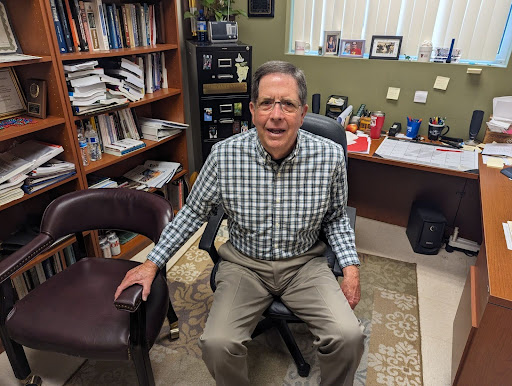CAMMIE BAGLEY
Living/Athens Editor
Attention Deficit Disorder, or ADD, and Attention Deficit Hyperactivity Disorder, or ADHD, are common disorders that affect one’s hyperactivity, attentiveness and/or impulsivity. The symptoms caused by these disorders are different from person to person, but, most commonly, they cause those affected to have a hard time paying attention or sitting still for extensive periods of time. Those diagnosed are usually prescribed some type of stimulant to help treat the disorder, depending on his or her specific need. A few of the common stimulants used to treat ADD and ADHD are Ritalin, Vyvanse and Adderall.
These stimulants can help students improve their ability to control impulses and concentrate. Because of the effects of these stimulants, many college students who aren’t diagnosed with ADD or ADHD choose to take these medications in order to help them study or concentrate better in class. In a National Survey on Drug Use and Health report released in 2009, it was found that full-time college students between ages 18 to 22 were twice as likely as non-full-time students to use Adderall non-medically, according to archive.samhsa.gov.
Though it may seem harmless to take one of the many stimulants available to help one’s concentration, it can be harmful to take any type of medication that hasn’t been prescribed by a physician. Students should keep in mind that certain medications don’t mix well and certain dosages of a stimulant could cause harmful effects. Some of the short-term side effects caused by stimulants used to treat ADD and ADHD are difficulty sleeping, feelings of depression, increased irritability, restlessness and headaches, according to nlm.nih.gov. Stimulants can also result in a loss of appetite and decrease in sex drive.
In order to avoid these potential consequences, students should consider alternative ways of staying attentive. The first thing to consider is getting enough sleep. Though it may be tempting to stay up and watch one more episode on Netflix, it’s more important to get to bed at a reasonable time in order to get the sleep needed to be alert in class. If a student is well-rested, it won’t be as easy to drift off to sleep in the middle of a lecture.
Another tip for staying attentive that doesn’t involve the use of non-prescribed medicine is to eat a balanced breakfast or snack before the class begins. One should avoid foods with high sugar content because, according to lifestyle.com, they can lead to a sugar crash shortly after digestion.
Once class begins, studies have shown that sitting towards the front of the class will hold a student more accountable, since that is usually where the professor stands or sits to lecture. If a student is asleep or distracted right in front of a professor, the professor is more likely to scold the student for not paying attention. While sitting upfront, taking notes can be a way to force oneself to keep up with the instruction.
If a student gets behind on notes, he or she will feel left out of what is going on in class, so this is another way to hold a student accountable and fend off distraction. On top of taking notes, sipping on cold water will help students stay refreshed and awake.
Lastly, for anyone who struggles with staying attentive, remember to put away any technology. That is one of the biggest distractors for students today, so in order to avoid disruption in focus, consider putting the phone or iPad away until class is over or studying is complete.
Keeping all of these tips in mind can help prevent students from using a medication that hasn’t been prescribed. Some may not be affected by the potential consequences of the stimulants. However, for the student that is, it could become a dangerous situation. Choose to stay attentive without the use of stimulants, and, instead, use natural approaches that won’t cause harm. If those methods don’t work, it may be time to visit a doctor about it. But, until one has been diagnosed with ADD or ADHD, it isn’t a good idea to take any type of stimulant non-medically.
















